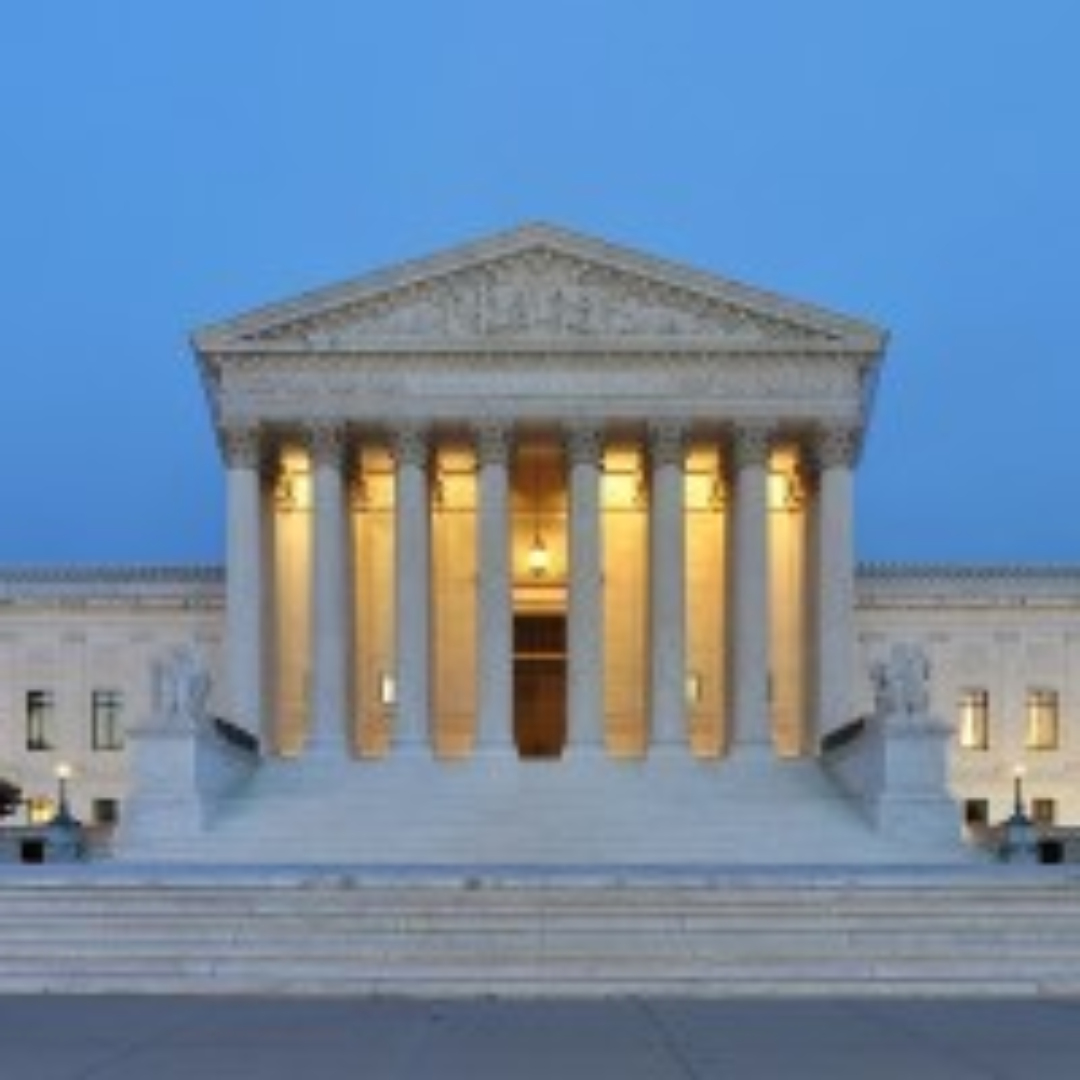
The Supreme Court ruled the 1906 Pure Food and Drugs Act does not prohibit false therapeutic claims
On May 29, 1911, in U.S. v. Johnson, the Supreme Court ruled that the 1906 Pure Food and Drugs Act does not prohibit false therapeutic claims but only false and misleading statements about the ingredients or identity of a drug.
In 1912, Congress issued corrective legislation. The Sherley Amendment brought therapeutic claims within the jurisdiction of the Pure Food and Drugs Act, but required the agency to prove those claims to be false and fraudulent before they would be judged as illegal.
Enforcement required the bureau to prove in court that manufacturers of drugs labeled with false therapeutic claims intended to defraud consumers. A challenging task, and the bureau lost several cases against egregious products, but seizures of misbranded and adulterated drugs nevertheless increased in the 1920s and 1930s.
Tags:
Source: U.S. Food and Drug Administration
Credit:
